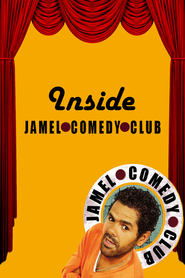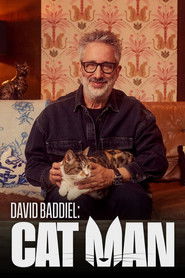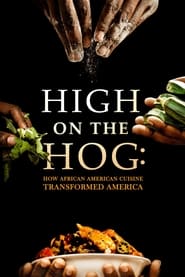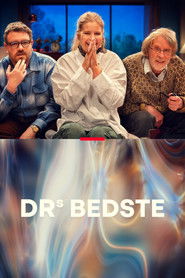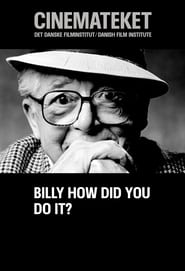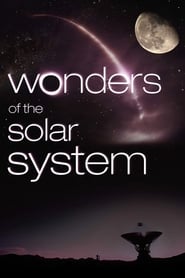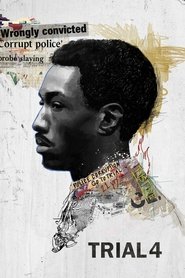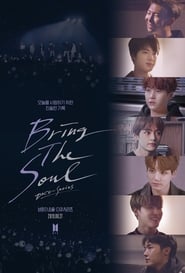Documentary TV Series - Page 237
-
Dynastiet Mærsk
2025
Dynastiet Mærsk
2025
-
Gil Family
2022
Gil Family
2022
star 6Follows one of the most famous families in Brazilian music during the creation of an unprecedented concert, which will bring together all generations of the Gils on stage for the first time. -
David Baddiel: Cat Man
2026
star 7.5David Baddiel hosts the purr-fect combo of kitty cuteness, cat calamity and feline fun, featuring pawesome viral sensations and some famous cat-loving faces. -
Lei da Selva: A História do Jogo do Bicho
2022
star 5The story of how the lottery invented to finance a zoo was incorporated by Rio de Janeiro's popular culture and, in the hands of organized gangsters, transformed itself into an immense crime empire. -
High on the Hog: How African American Cuisine Transformed America
2021
star 6.7Black food is American food. Chef and writer Stephen Satterfield traces the delicious, moving throughlines from Africa to Texas in this docuseries. -
Pra Sempre Paquitas
2024
Pra Sempre Paquitas
2024
star 7.8In this documentary series, Xuxa Meneghel's former Paquitas revisit their experiences on stage and screen. -
Worn Stories
2021
Worn Stories
2021
star 6.8In this funny, heartfelt and moving docuseries, real people unpack the fascinating and quirky stories around their most meaningful pieces of clothing. -
DRs bedste
2025
DRs bedste
2025
-
The First Eden
1987
The First Eden
1987
star 8.5David Attenborough presents the history and natural history of the Mediterranean lands. -
Toddlers & Tiaras: Where Are They Now
2009
star 2.1Toddlers & Tiaras is an American reality television series on TLC. The series debuted on January 27, 2009. The pilot for the series aired on September 7, 2008. The series follows the families of contestants in child beauty pageants. Toddlers & Tiaras is now broadcast on TLC in the United Kingdom. -
Technology Connections
2015
star 10Technology Connections is a series of YouTube videos that explores numerous aspects of technological history, including how things work, the way things developed, and anything in between. There is no limit to what kinds of tech could be covered — one minute you may be learning about how electron guns draw pictures on an analog television, and the next you might be discovering that your modern toaster is a piece of junk. -
Sex, Censorship and the Silver Screen
1996
A six-part series exploring the 100 year evolution of sexuality and censorship in motion pictures. The series journeys backward in time, leading off with the most explicit excerpts and the most recognizable stars. -
Billy, How Did You Do It?
1992
Director Billy Wilder is interviewed by German critic Hellmut Karasek and director Volker Schlöndorff about his movies. -
Wonders of the Solar System
2010
star 8.1In this spellbinding series, Professor Brian Cox visits the most extreme locations on Earth to explain how the laws of physics carved natural wonders across the solar system. -
The Piano
2025
The Piano
2025
Unearthing everyday pianists from all over Australia through the celebration of the street piano, regular Australians are invited to play the piano at busy locations around the country and given the opportunity of a lifetime. -
Trial 4
2020
Trial 4
2020
star 7Charged as a teen in the 1993 killing of a Boston cop, Sean K. Ellis fights to prove his innocence while exposing police corruption and systemic racism. -
Bring The Soul: Docu-Series
2019
star 8.3‘LOVE YOURSELF.’ One message that touched the hearts of ‘ARMY’ across the world. Behind the free and spirited presence on the stage, are the members doing their best to love themselves, personifying the message delivered throughout the tour. But the sense of responsibility, along with the worries and anxiety, is mounting more weight on the shoulders of the members. The docu-series captures BTS members telling the stories untold in ‘BRING THE SOUL: THE MOVIE’ and finally revealing their genuine stories. -
Inked
2005
Inked
2005
Inked is a documentary television series about the employees of the Hart & Huntington Tattoo Company in the Las Vegas Valley. The series was created by Jeff Bowler in 2005, and was broadcast by the A&E Network. The theme song was written and performed by Height of Roman Fashion. -
The Genius of Mozart
2004
The Genius of Mozart
2004
Looks at Mozart's extraordinary short life and revolutionary music through a distinctive mix of costume drama and documentary.


